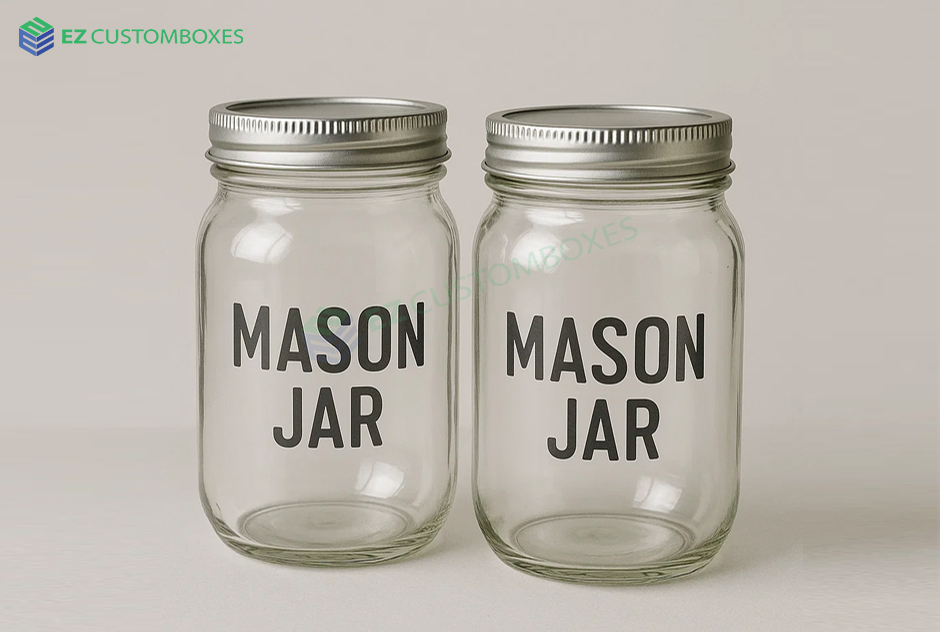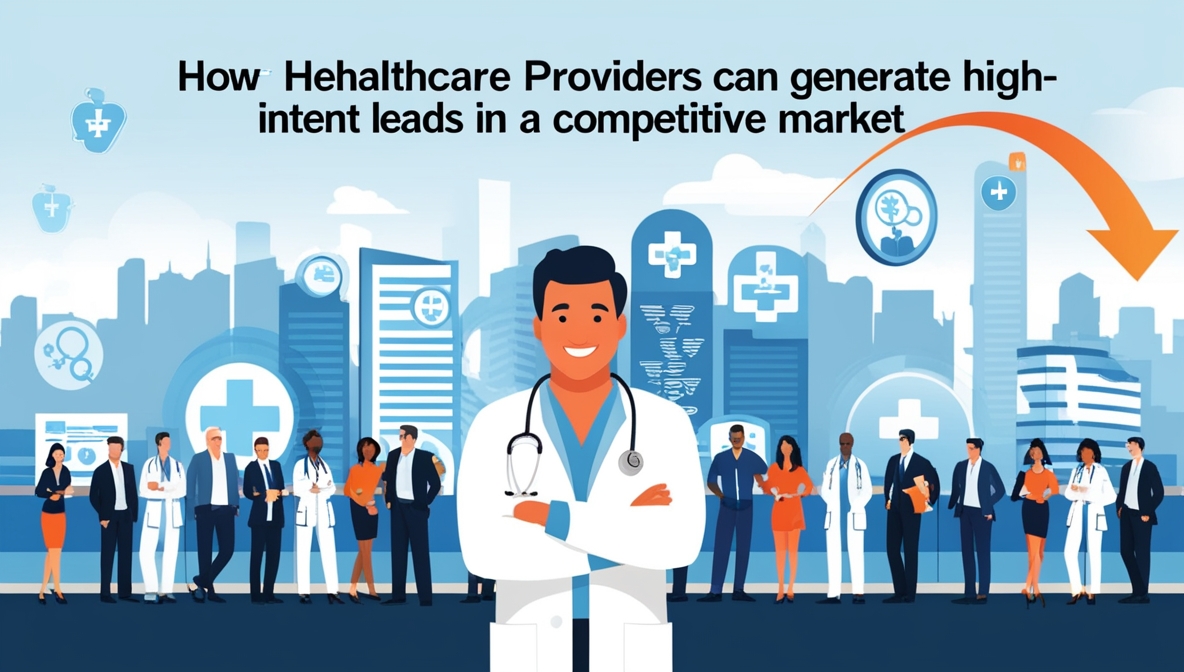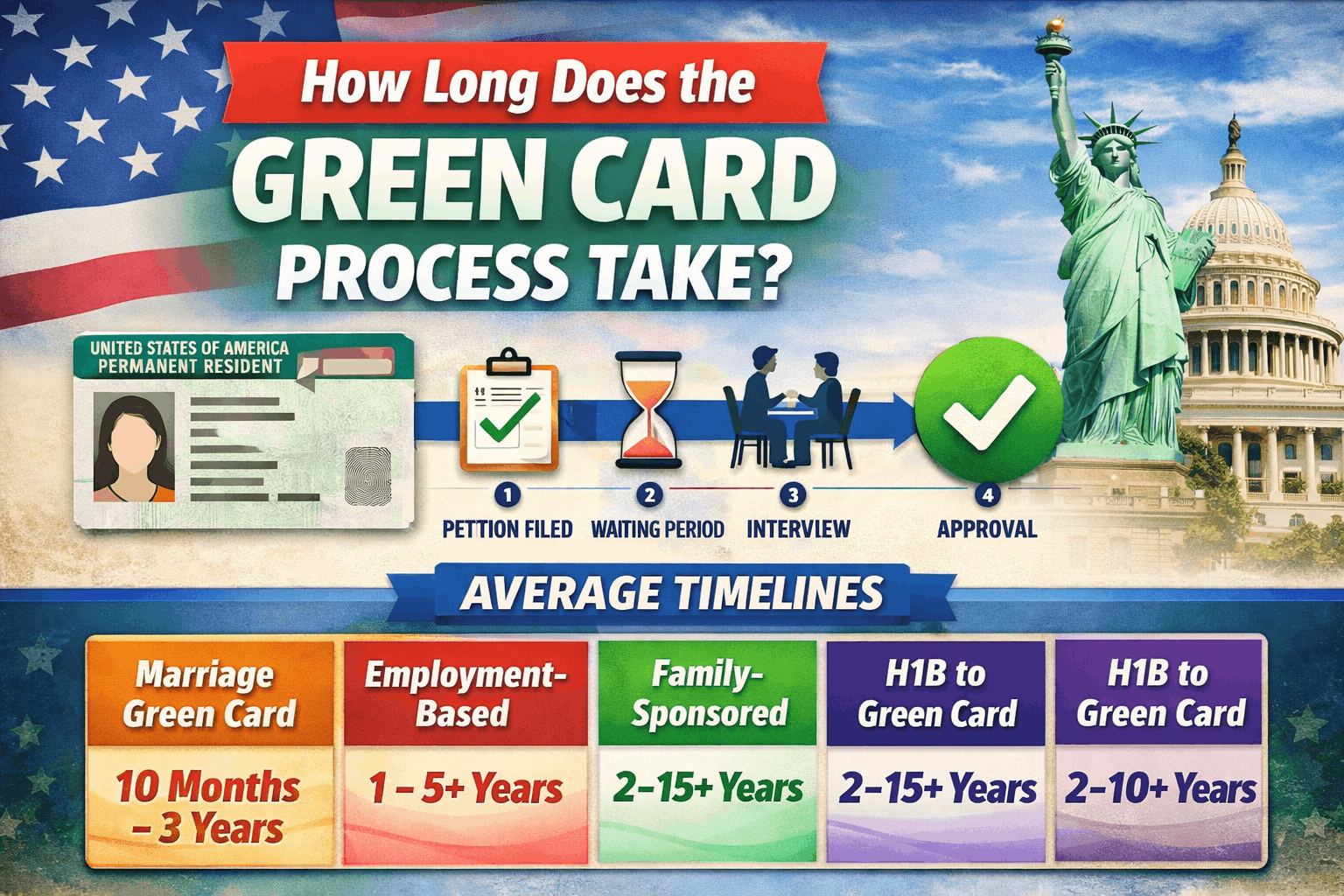|
Getting your Trinity Audio player ready... |
The debate around global information governance has entered a new phase as Google and the World Health Organization take distinct positions on how digital knowledge should be managed, verified, and delivered to the public. Both entities influence billions of users, yet their priorities are shaped by different mandates. Google operates as a technology giant driven by product innovation and market leadership, while the WHO functions as an intergovernmental health authority focused on global public safety and evidence based standards. The growing interaction between these two forces signals a turning point for the future of digital information.
At the center of this tension is the question of who defines reliable health related and crisis related information in a digital environment. Google’s search engine and YouTube platform rank among the top gateways for public guidance on health issues, making the company a primary channel through which millions interpret scientific content. The WHO, however, views itself as the global custodian of verified medical knowledge. This creates a structural challenge because both parties attempt to set the tone for public understanding, yet they do so from different operational frameworks.
During recent health emergencies, cooperation between Google and the WHO strengthened significantly. Google elevated WHO advisories, highlighted official dashboards, and restricted the visibility of misleading materials. However, as the world moves beyond crisis management into long term governance, differences in priorities have become more visible. Google seeks flexibility and algorithmic autonomy to refine user experience and product relevance. The WHO argues for consistent visibility of authoritative sources regardless of user preference signals or engagement metrics.
A major point of friction involves algorithmic transparency. Public health officials often request clarity on how information is ranked and why certain content gains prominence during sensitive periods. Google has released general explanations of its ranking systems but stops short of offering precise operational details. The company considers its algorithms proprietary intellectual property. The WHO believes that a lack of transparency complicates risk communication strategies, particularly in regions where misinformation spreads rapidly.
Data governance also forms a central part of this evolving debate. Google collects vast amounts of behavioral data that enable high precision personalization. The WHO has warned that personalization can create fragmented information pathways that differ from the standardized messaging needed during emergencies. Localized content may increase relevance but can also dilute critical guidance if users receive varied messages based on their browsing behavior. Google maintains that personalization improves outcomes by ensuring individuals see content that suits their language, habits, and search patterns.
Regulators in several countries have begun examining the power imbalance between private technology platforms and multilateral organizations. Their concern centers on a future where digital knowledge is shaped primarily by commercial infrastructures rather than public institutions. Google acknowledges the need for balance but argues that innovation and public welfare can coexist if frameworks are designed collaboratively. The WHO counters that public health messaging must remain insulated from market influenced algorithmic dynamics.
Another challenge emerges in the realm of content moderation. Google uses automated systems supported by human reviewers to demote or remove false or harmful material. However, global policy variations make moderation extremely complex. The WHO consistently pushes for clear upward prioritization of scientifically validated content. Google’s moderation policies, however, must consider regional laws, cultural interpretations, and user freedoms. This creates scenarios in which WHO recommendations may not always receive uniform treatment across jurisdictions.
The partnership between the two parties is not purely confrontational. Both understand that their coexistence is essential. Google benefits from WHO’s scientific credibility, especially when combating misinformation. The WHO gains global distribution reach through Google’s platforms. The current phase of debate reflects not deterioration but maturation. It indicates that both sides are attempting to define long term standards for a digital environment where information travels at unprecedented speed.
Going forward, experts suggest that a structured governance model will be necessary. Such a model may include mutual reporting systems, standardized labeling of authoritative content, and shared data frameworks that protect user privacy while supporting public health research. Stakeholders argue that global health communication can no longer rely on informal cooperation. Institutional agreements are required to ensure predictable outcomes.
The future of global information governance will be shaped by how Google and the WHO negotiate these boundaries. Their interaction will affect not only health communication but also crisis literacy, global education, and public trust in digital content. As both entities advance their respective missions, the world observes closely because the balance between technological autonomy and public health authority will determine the next generation of digital governance.






